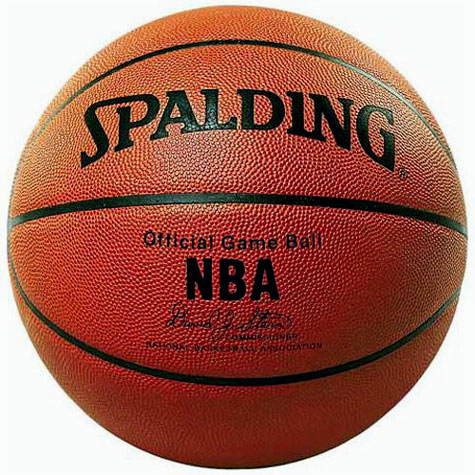David Howman, the director general of the World Anti-Doping Agency (WADA), doesn’t think the National Basketball Association (NBA) is doing a good job with its anabolic steroid and doping policy. Howman must have been listening to Chicago Bulls guard Derrick Rose. Rose told ESPN the Magazine last year that the use of steroids and performance-enhancing drugs (PEDs) were a “huge” problem in the NBA. Rose distanced himself from those comments. But Howman made his concerns known in a recent interview with Henry Abbott, a senior writer for ESPN.com.
Howman believes there are signficant “gaps” in the NBA/NBPA Anti-Drug Program’s SPED Policy (steroids, performance-enhancing drugs and masking agents). While other major professional sports in the United States, like the National Football League (NFL) and Major League Baseball (MLB), have moved closer to approximating the World Anti-Doping Code, the NBA continues to resist additional steroid testing.
The reason for the lack of urgency on the part of NBA officials is the perception that steroids and PEDs do not provide a significant performance-enhancing benefit in their particular sport. They feel that skills required for success in basketball are unique among sports; steroids are incapable of meaningfully enhancing those skills according to the league.
“They do not feel they have such an issue as the other major leagues and therefore haven’t addressed it in quite the same way,” said Howman. “I just think you’ve got to be very careful when you start saying performance-enhancing drugs are not beneficial in any sport, because you’re going to be proven wrong. And you’ll be proven wrong when you’re not expecting it.”
It’s hard to tell how widespread the use of steroids is in the NBA. After all, only two players have actually failed the the steroid portion of the NBA’s anti-doping tests. Memphis Grizzlies’ O.J. Mayo and Orlando Magic Rashard Lewis have been the only players who have tested positive for steroids. And both athletes blamed the failed test on DHEA.
Mayo actually tested positive for DHEA. Lewis tested positive for testosterone use after failing the testosterone-epitestosterone ratio (T:E ratio) test; however, Lewis blamed DHEA for the failure. DHEA, while technically a steroid, isn’t considered to be a PED by most experts.
The biggest “steroid bust” linked to the NBA involved a former NBA player. Samaki Walker was found in possession of eight vials of injectable anabolic steroids when police officers arrested him during a traffic stop in Kingman, Arizona in 2011. Walker had been retired from the NBA for five years.
“Everybody likes to think their sport is one that’s not tainted. We work on the basis that there’s no sport, and no country, which is immune,” according to Howman. “Better, therefore, to be aggressive in the way you go forward than to be complacent.

Source:
Abbott, H. (October 19, 2012). WADA: NBA has anti-doping ‘gaps’. Retrieved from http://espn.go.com/nba/story/_/id/8521302/wada-director-general-says-nba-gaps-anti-doping-program

